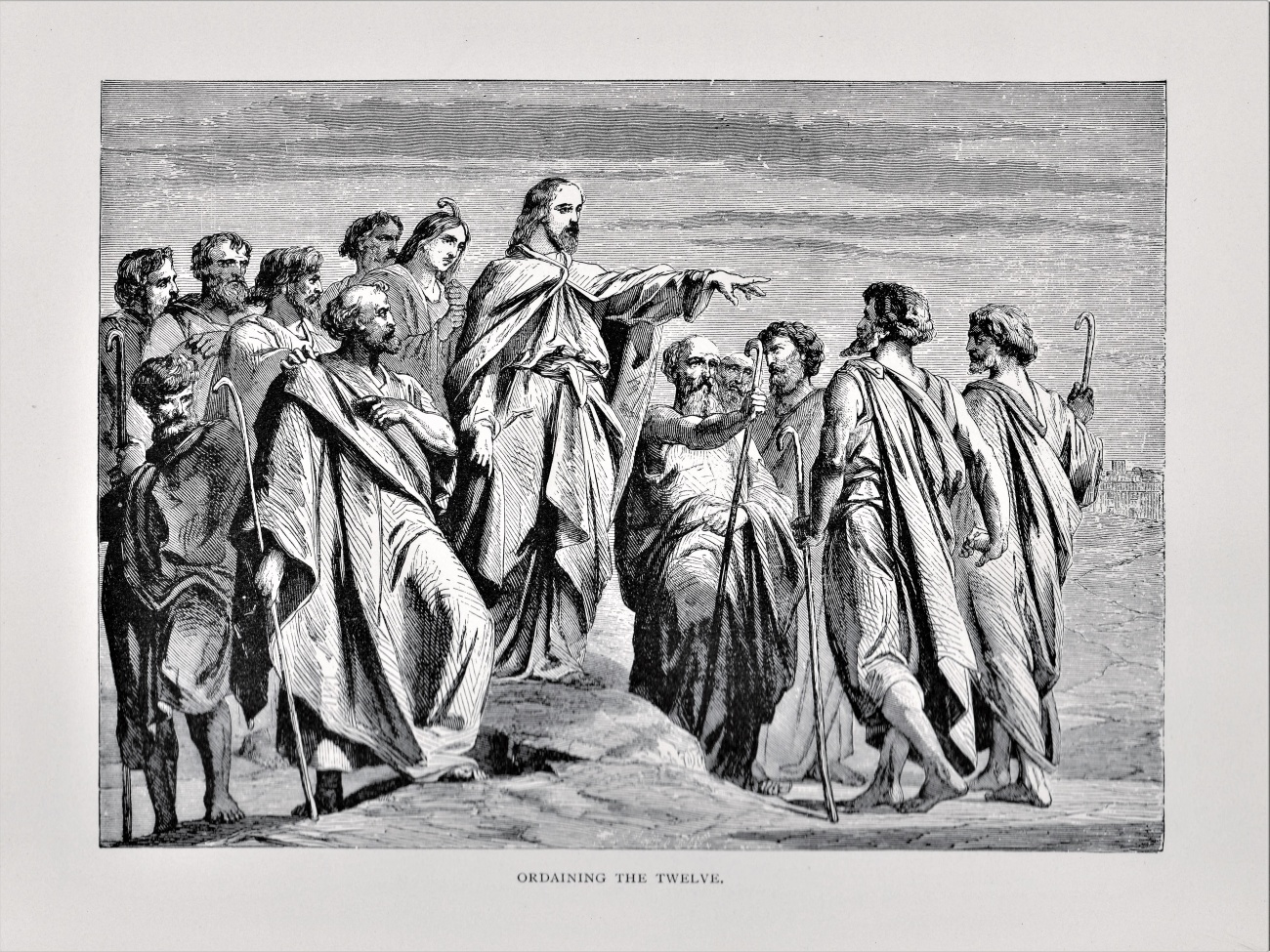What Is The Mission of The Christian Church
We must humbly and courageously live the Gospel message.
Over two centuries ago, Jesus Christ began to build his church and gave it its mission. These two millennia since, the church has, at times, succeeded greatly in this mission; at other times, it has failed greatly. In order to fulfill that mission, we, the followers of Jesus must renew and refresh our understanding of the mission, and our commitment to it. This is a reflection on that mission.
The mission of the church is built upon three things. First, there is the personal expression of the church’s witness, manifested in how its people teach the revealed truth of the faith and then how they live out that faith in the world. Jesus tells us in Luke 24, verses 46-48, “Thus it is written that the Messiah would suffer and rise from the dead on the third day and that repentance for the forgiveness of sins, would be preached in his name to all the nations, beginning from Jerusalem. You are witnesses of these things.”

Second, the Church finds expression in relationships rooted in the love and forgiveness that Jesus preached, modeled, and commanded us to imitate in our daily actions with one another, yes, even with our enemies, and through this love and forgiveness bring others to Christ. “Go, therefore, and make disciples of all nations…,” Matthew 28:19. In other words, our mission is to form living relationships with God and then, out of that personal relationship, to encounter this wounded world and all of its people, by establishing loving, forgiving, and healthy relationships in his name. In this we can, by example, call people back into an intimate and nurturing relationship with God. And we are assured that we can do this because we will not be alone, “And behold, I am with you always, until the end of the age,” Verse 20.

Third, we are to spread the universal message of the Gospel joyfully: “Preach the Gospel to all creation” Mark 16:15. It is said that the stomach feels hunger and lets us know that we need to eat, but the mind does not feel or recognize its ignorance, until the light of truth dawns upon it. The truth has been given to the Church through Jesus Christ and has been passed on down through the ages intact, undiluted, and unchanged through the Holy Spirit. This, then, is the mission that we, the Body of Christ, his Church, have been commissioned to do.
The demands and constraints of our so-called “postmodern” culture make this mission, this challenge of witnessing the Good News, both more difficult and more necessary. The myths, outright lies, and false ideologies of our times, indeed, the demanding, unrecognized “dogmas” of relativism, constantly obscure the truth. The result is that relationships are strained to the breaking point, and the threat and reality of alienation at the individual, societal, and international level is rampant and raging. Sadly, even within the Church, the message of the Gospel is often rationalized and relativised to be more in line with the world, rather than with the truth of the Gospel.

We who call ourselves followers of Jesus Christ, must think and act differently than the world around us. Jesus, and his Gospel message, were contradictory to the world’s message in his time. We who are his followers today, are commanded by Jesus to be that same contradictory message to the world in our own times. If we lose our identity, if we allow ourselves and the Gospel message to be subverted, or subsumed by, or to be sacrificed to the gods of this age, we will have failed in our mission. We must humbly and courageously live the Gospel message, openly, lovingly, knowledgably, and faithfully in our daily lives. We can trust that God will do the rest. The Church’s success or failure depends on our individual and our communal commitment to be true to the One-Who-Is-Love, Jesus Christ. Lord pour your infinite graces and mercies upon us. We pray this in the power of Jesus’ name. Amen
SKM: below-content placeholderWhizzco for FHB

